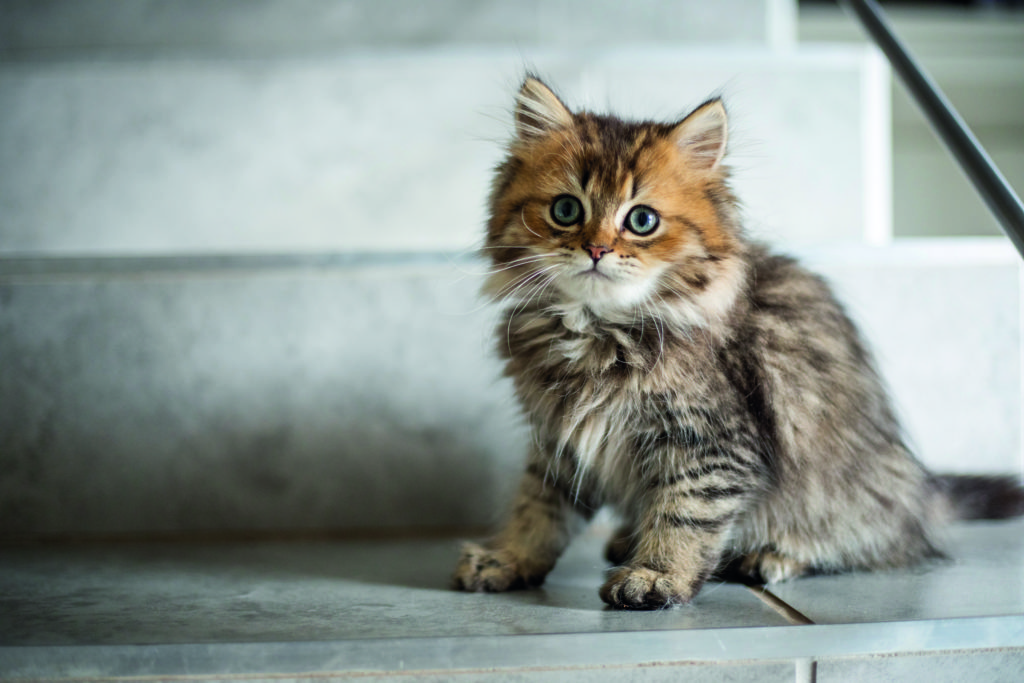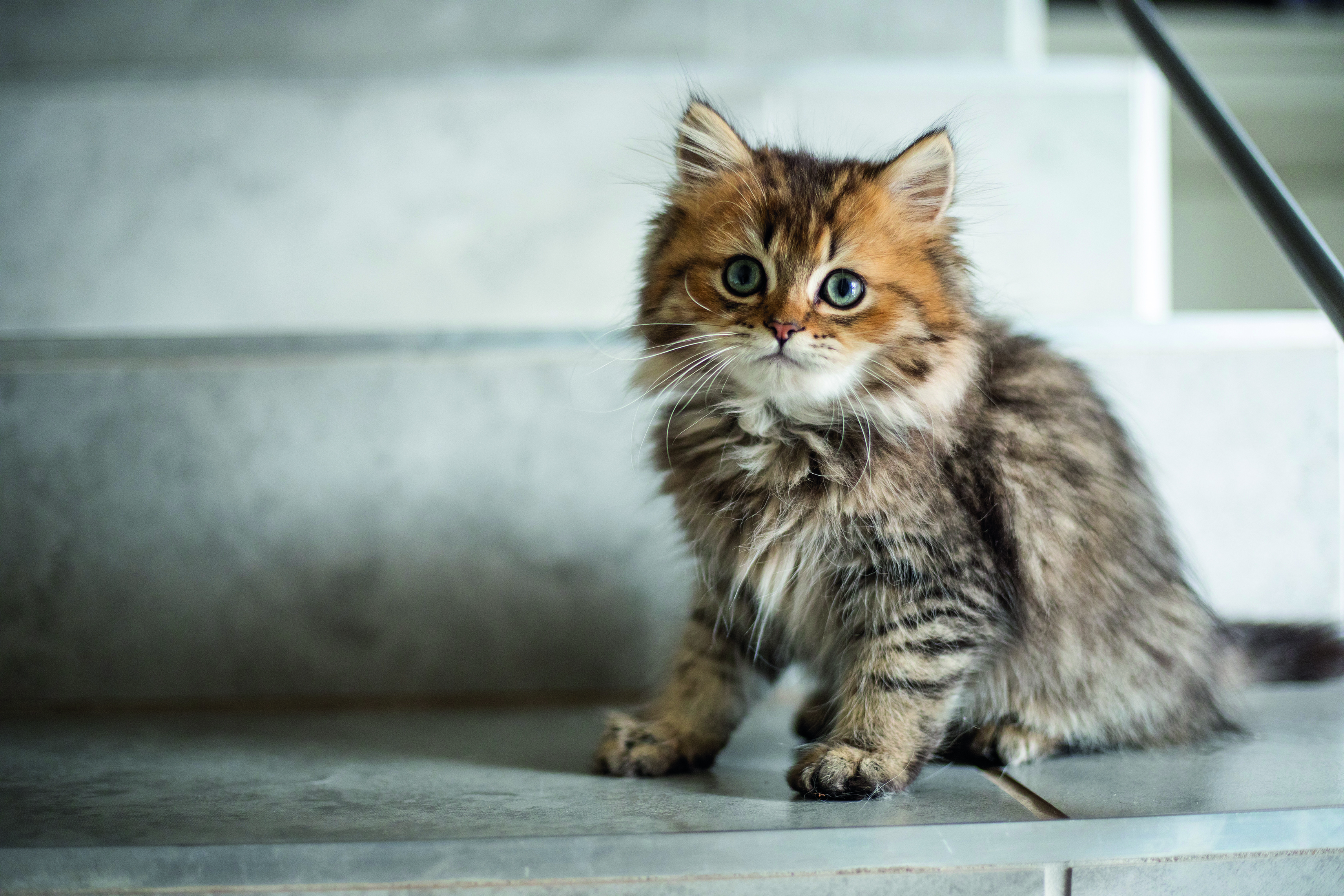
Separation anxiety is a well- known behaviour issue in the dog world and most dog owners will have heard of it or know someone who’s pet has a problem with being alone. However, it is much less recognised that cats may also suffer forms of distress when they are left by their owners.
Cats are viewed as a solitary, less social species than dogs and it is not unusual for owners to go away and have a neighbour feed the cat. For some cats this can work but for others it may cause quite significant distress. Recent research suggests many cats have a much greater need for owner proximity than was thought. This is not to say cats are as dependent on humans as are most dogs but they are not indifferent to the company of owners they have bonded with either.
Reasons for separation issues in cats:
- Certain breeds, like Burmese and Siamese, seem to be more prone to separation issues, as are orphan cats and cats weaned too early (before 8 weeks).
- Cats without access to the outdoors can become bored and frustrated leading to a cycle of stress and distress.
- Even cats with tiny, urban garden ranges can become stressed sharing territory with rival cats or new cats.
- Changes in the internal environment through illness, pain, old age and confusion, or a change in the external environment such as a house move or break up of a relationship.
- Scary events inside or outside the home when the owner is absent (new, startling noises, the arrival of a new cat next door).
How to recognise separation issues:
- Excessive, urgent meowing.
- Eliminating outside the litter tray, especially onto owner clothing or the bed.
- Excessive, repetitive grooming.
- Eating too much or too little.
What to do:
- Exclude medical reasons for behaviour change. Speak to your vet about what is happening and get your cat checked.
- Provide hunting outlets. Build in daily, quality playtime with your cat- use flirt poles and toys that appeal to cats. Encourage your cat to run around, chase and grab the toys.
- Improve your cat’s environment- create various high places to rest with hideaways.
- Ensure litter trays are large enough and clean.
- Save meals for periods of separation and place into puzzle toys.
- Try not to fuss your cat if she is clingy or overly vocal, notice her when she is calm and quiet or playing a game with you.
- Don’t fuss your cat when you leave.
- Try a plug-in Feliway diffuser. This product is designed to help calm cats.
- Don’t go on holiday and leave your cat to fend for itself or be fed every few days by a neighbour.
Very occasionally a cat may be so anxious that specialist intervention and behaviour modification supported by anti-anxiety medication is necessary. Your vet will advise on expert help in your area.
Leonie St Clair | www.londondogstraining.co.uk

